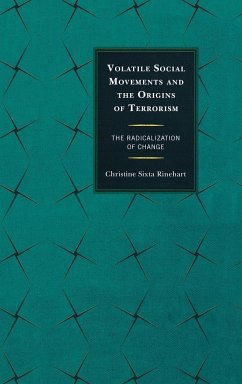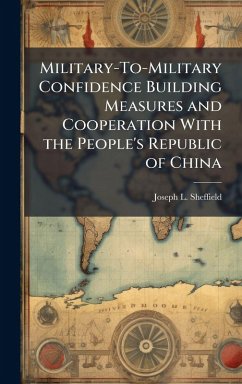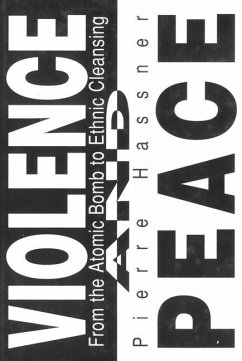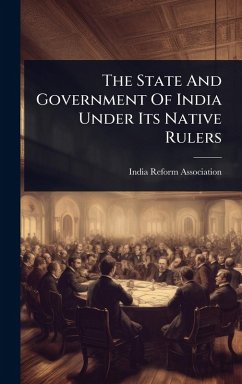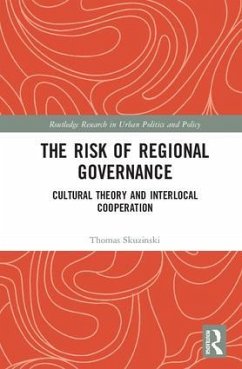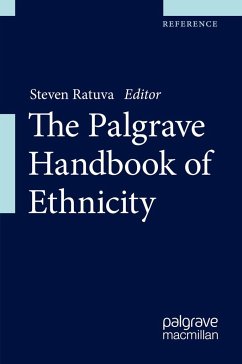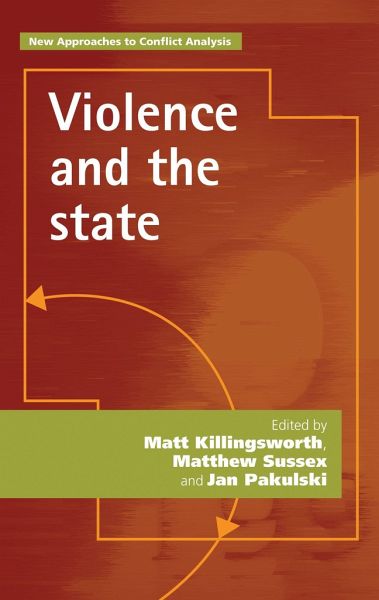
Violence and the State
Versandkostenfrei!
Versandfertig in über 4 Wochen
138,99 €
inkl. MwSt.

PAYBACK Punkte
69 °P sammeln!
In providing a counterweight to the notion that political violence has irrevocably changed in a globalised world, Violence and the state offers an original and innovative way in which to understand political violence across a range of discipline areas. It explores the complex relationship between the state and its continued use of violence through a variety of historical and contemporary case studies, including the Napoleonic Wars, Nazi and Soviet 'eliticide', the consolidation of authority in modern China, post-Soviet Russia, and international criminal tribunals. It also looks at humanitarian...
In providing a counterweight to the notion that political violence has irrevocably changed in a globalised world, Violence and the state offers an original and innovative way in which to understand political violence across a range of discipline areas. It explores the complex relationship between the state and its continued use of violence through a variety of historical and contemporary case studies, including the Napoleonic Wars, Nazi and Soviet 'eliticide', the consolidation of authority in modern China, post-Soviet Russia, and international criminal tribunals. It also looks at humanitarian intervention in cases of organised violence, and the willingness of elites to alter their attitude to violence if it is an instrument to achieve their own ends. The interdisciplinary approach, which spans history, sociology, international law and International Relations, ensures that this book will be invaluable to a broad cross-section of scholars and politically engaged readers alike.



